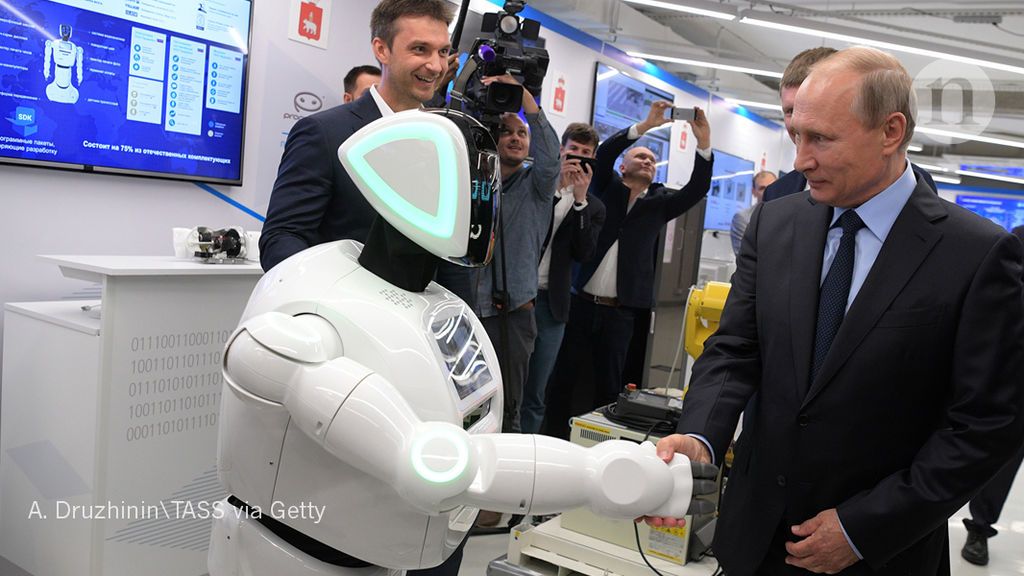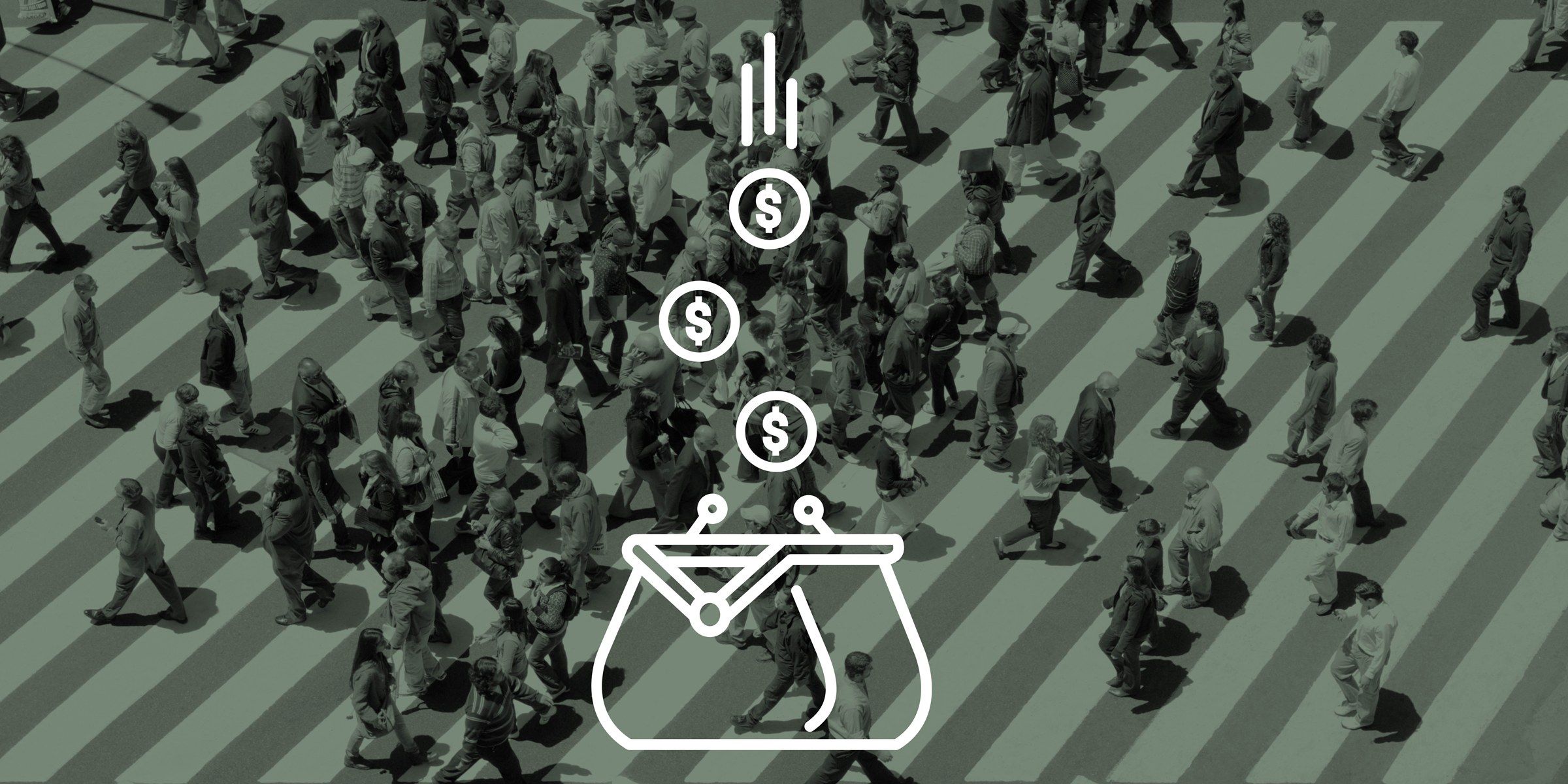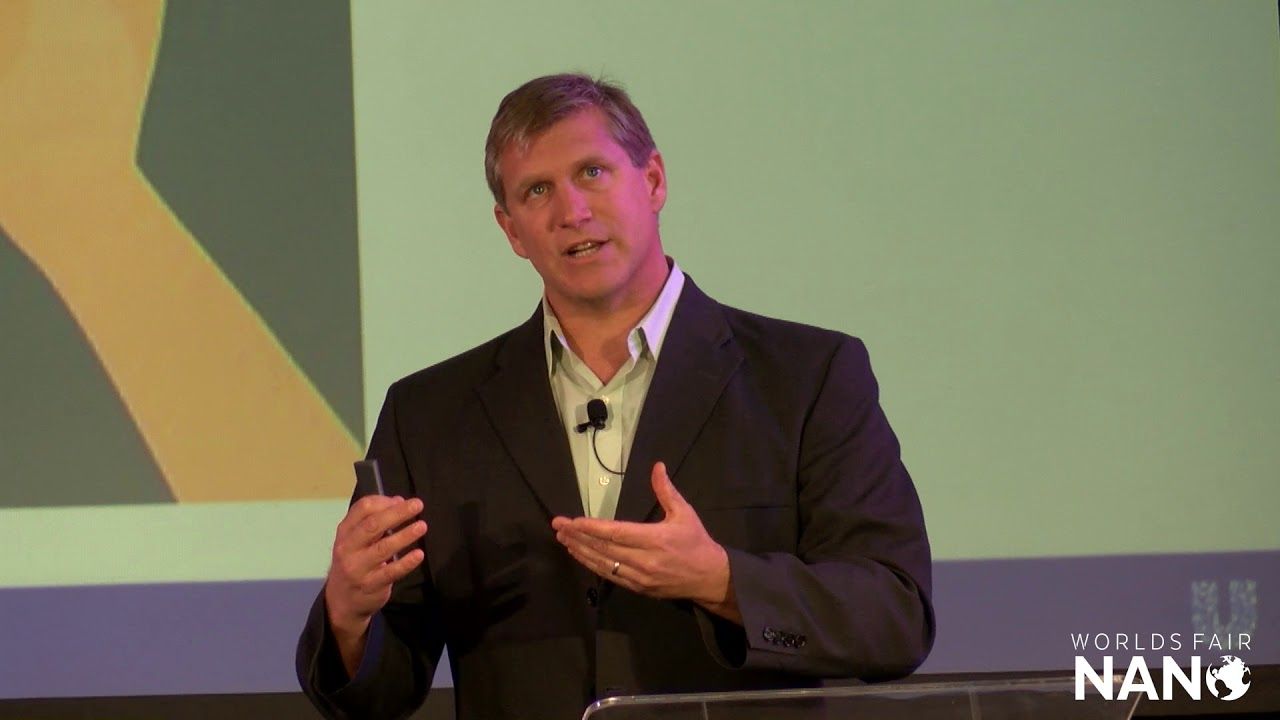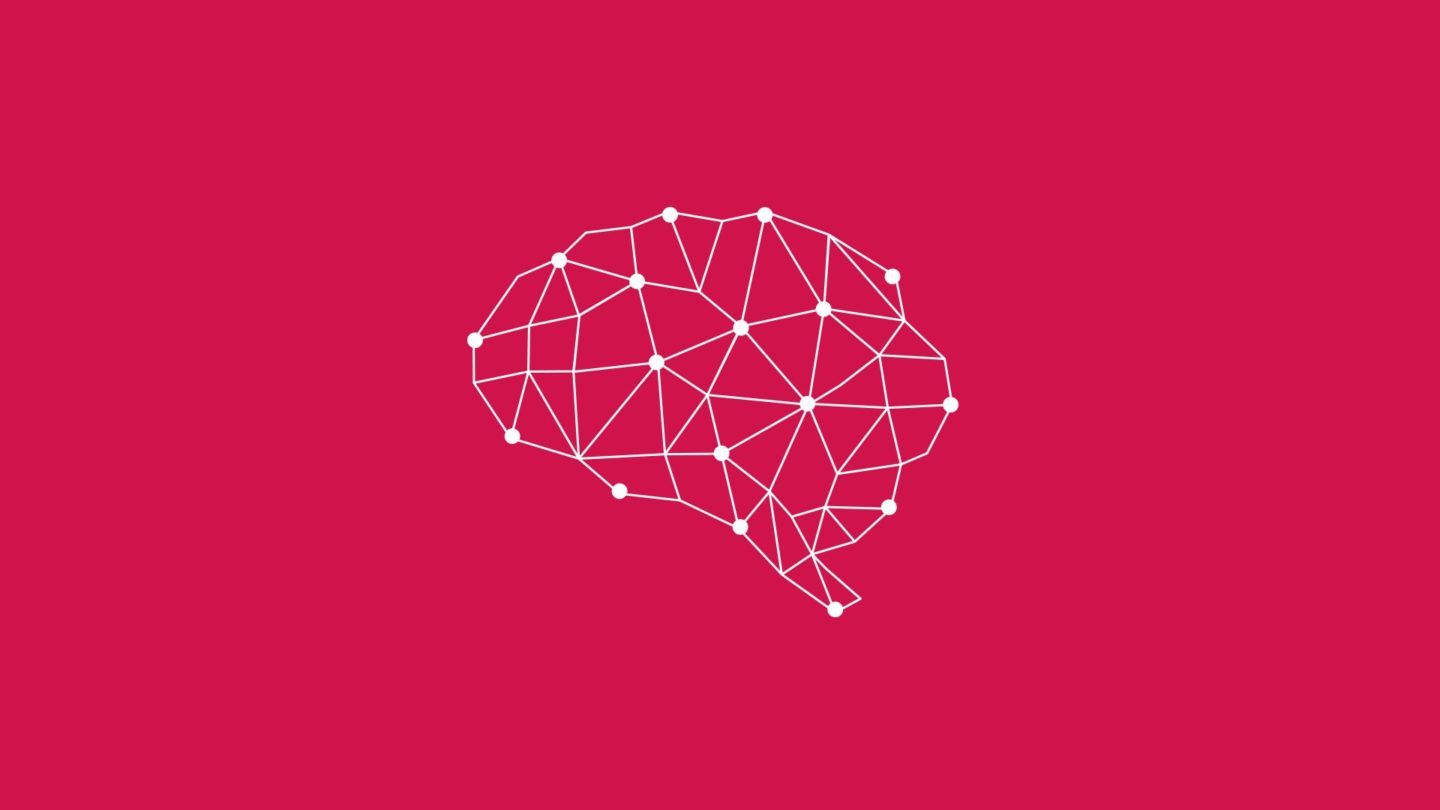Apr 4, 2018
Russian science chases escape from mediocrity
Posted by Derick Lee in categories: economics, government, science
For all its progress, Russia’s state-funded science still lags behind that of emerging science powers including China, India and South Korea, especially when it comes to translating discoveries into economic gains. Decades of underfunding, excessive state bureaucracy and entrenched opposition to reform within the country’s sputtering research institutions are hampering competitiveness, says Khokhlov. “What we need are new ideas, new labs, fresh talent and more freedom and competition.”
With Vladimir Putin set to earn another presidential term, researchers wonder whether his government will reverse decades of decline.

















